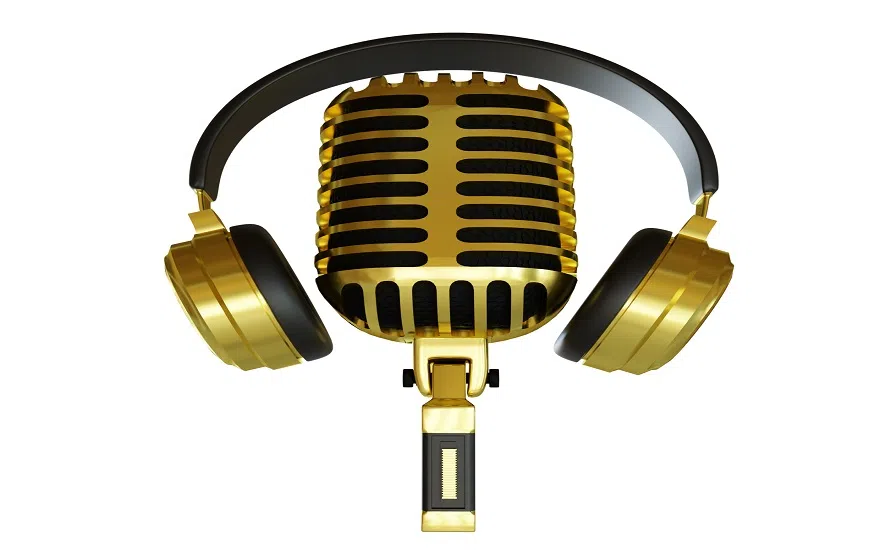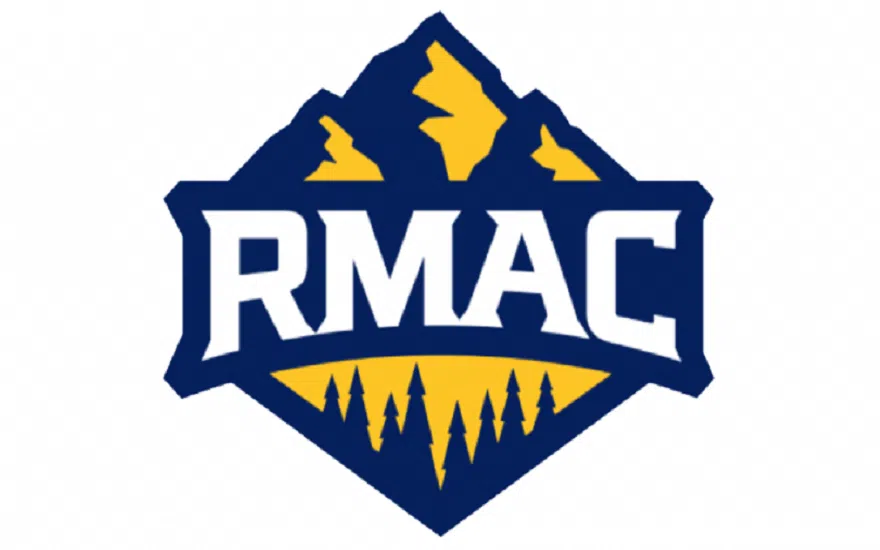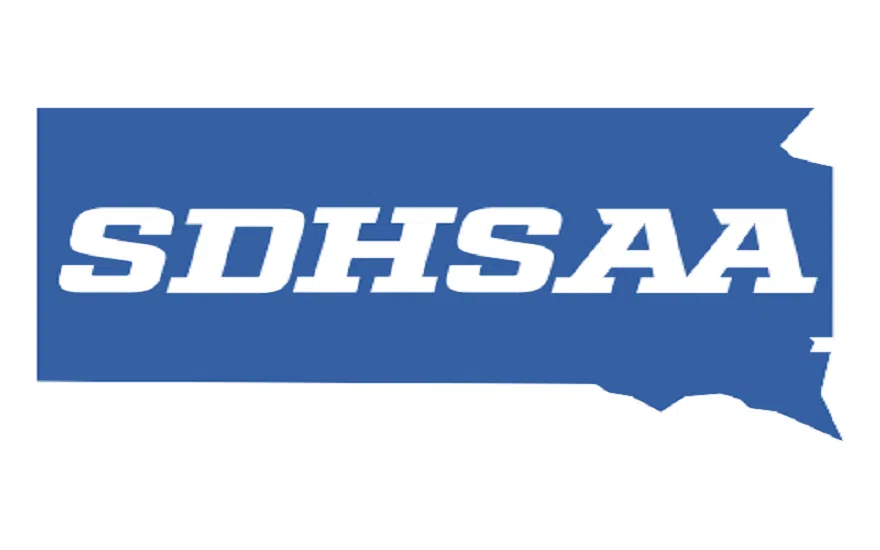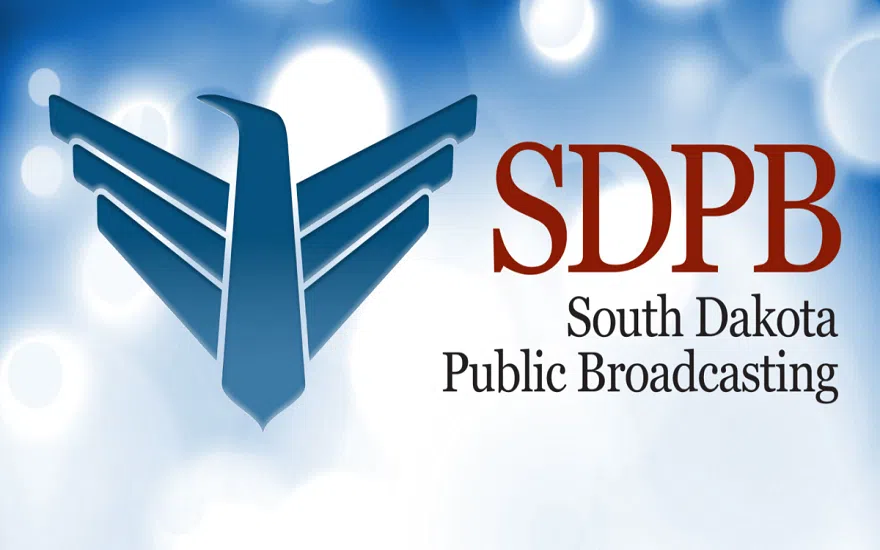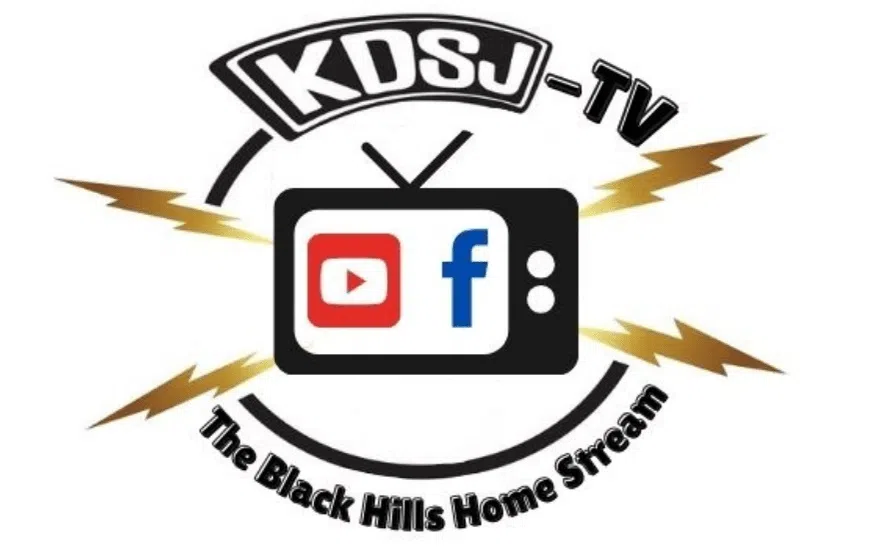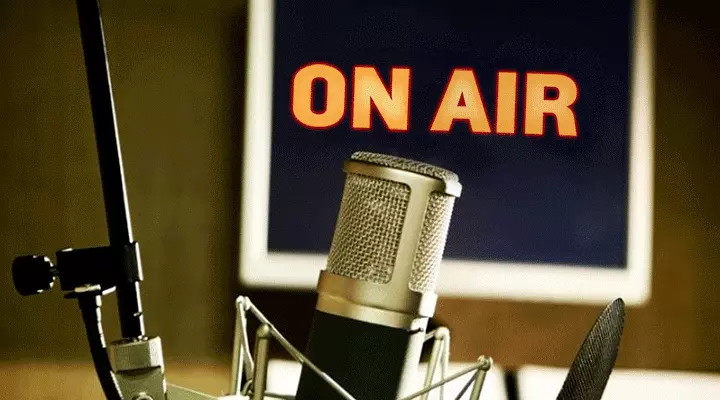There is a loud and clear message from broadcasters that Congress needs to take two steps during the current session to help local radio thrive and allow stations to continue serving their communities with emergency alerts, trusted news, and local sports. State broadcasters’ associations representing all 50 states, the District of Columbia, and Puerto Rico have adopted two resolutions urging lawmakers to not only rebuff attempts to adopt a performance royalty on radio airplay but pass pending legislation that would ensure AM radio has a place in vehicles on the roads in the U.S.
The move was welcomed by the National Association of Broadcasters. “On the heels of an incredibly successful State Leadership Conference, where over 560 local TV and radio broadcasters traveled to Washington to meet with lawmakers on Capitol Hill, congressional support for local radio is strong,” NAB President Curtis LeGeyt said. “State broadcaster associations play a pivotal role in our advocacy efforts, and I am proud to see the collective unity behind these resolutions.”
The first resolution urges members of Congress to support the Local Radio Freedom Act (H.Con.Res.12/S.Con.Res.8). The LRFA opposes any new performance fee on local radio stations. Local radio stations provide trusted news, sports and entertainment to their communities free of charge, but stations’ ability to do so would be greatly threatened if faced with a new performance tax, on top of the hundreds of millions of dollars local stations already pay each year in copyright and streaming fees. The Local Radio Freedom Act currently has the support of 152 House members and 23 Senators.
The resolution adopted by state broadcasters says broadcasters and the music industry have had a symbiotic relationship for nearly a century, and a bill that would require stations to pay royalties for on-air music use would “upset the mutually beneficial relationship between local radio and the recording industry.”
State associations say local radio stations already contribute as much as $2.4 billion in promotional value annually to the record labels and their performers by allowing them to reach the 235 million listeners per week that are served by local radio. That includes promoting the sale and streaming of their music, concert ticket sales, and other related merchandising opportunities. Broadcasters say a radio royalty would jeopardize that if any new performance fee is adopted.
The second resolution calls on legislators to support the AM Radio for Every Vehicle Act (H.R.979/ S. 315). If passed, it would require the Secretary of Transportation to issue a rule requiring access to AM broadcast stations in motor vehicles. If they don’t, carmakers could be fined. Before the effective date of the rule, manufacturers who do not include AM would be required to put a warning label on vehicles. And carmakers would be prohibited from charging extra for AM. The bill currently has the backing of 126 House members and 58 senators, but broadcasters want to build that number to ensure, unlike the previous session of Congress, that it becomes law this time.
The resolution adopted by state associations highlights the role that radio plays during emergencies, particularly AM’s status as the backbone of the Emergency Alert System with the vast majority of Primary Entry Points (PEPs) across the country on the AM dial. They also note that AM can reach large swaths of rural listeners, as well as people in cars during an emergency and many who don’t have English proficiency.
The resolution also points out that including AM in new electric vehicles models is “neither especially costly nor technically complex to achieve,” noting that many EVs already include the listening option.


